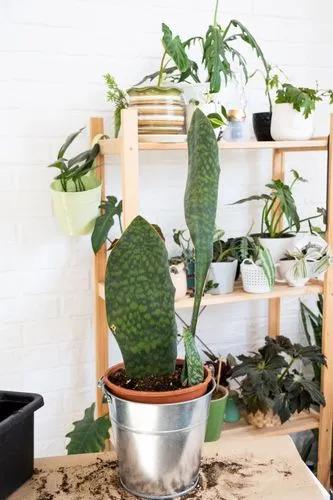Clubmosses are a species of ancient evergreen vascular plants, also called tracheophytes, that originate from tropical climates, particularly mountains, and forests. Plants belong to the Lycopodiaceae family and have up to 400 species, which makes them quite popular due to the variability of different representatives. Interestingly, many fossils belonging to this species are found, which are most often associated with coal deposits.
Club moss Care
Lycopodiopsida



Lycopodiopsida can be easily identified by the small leaves of light green or dark color attached to long stems, which in their shape and structure resemble a medieval mace. The peculiarity of these plants is that they reproduce only by spores, while flowers and seeds are not formed, and the period of their maturation can reach up to 15 years in some representatives of the genus.
Clubmosses have one spore and are bisexual, subterranean, or semi-subterranean, which allows them to first develop in the ground and only then climb out onto land.
How to Care for the Plant

Water

Once a week, water the plants with fresh water, and in particularly hot weather, increase the frequency of watering up to twice.

Pruning

The plants do not require pruning, as they do not have branches and are not large.

Fertilizer

Use a balanced liquid fertilizer once a month.

Sunlight

Provide the plants with indirect sunlight or shallow shade where they will feel as comfortable as possible. If the light is too intense and bright, problems with growth may begin.

Soil

The soil should be moist and well-drained with a sufficient amount of natural nutrients.

Propagation

All representatives of this species reproduce with the help of mature spores that like slightly moist and well-drained soil.

Temperature

Clubmosses grow best at 64-75˚F (18-24°C).

Container

Use any container with one large or several small drainage holes.

Fun fact

Clubmosses have highly flammable spores that are often used in small fireworks and explosions. In particular, in the Victorian theater, flames were demonstrated with the help of dry spores.

Popularity

16 people already have this plant 5 people have added this plant to their wishlists
Discover more plants with the list below
Popular articles






